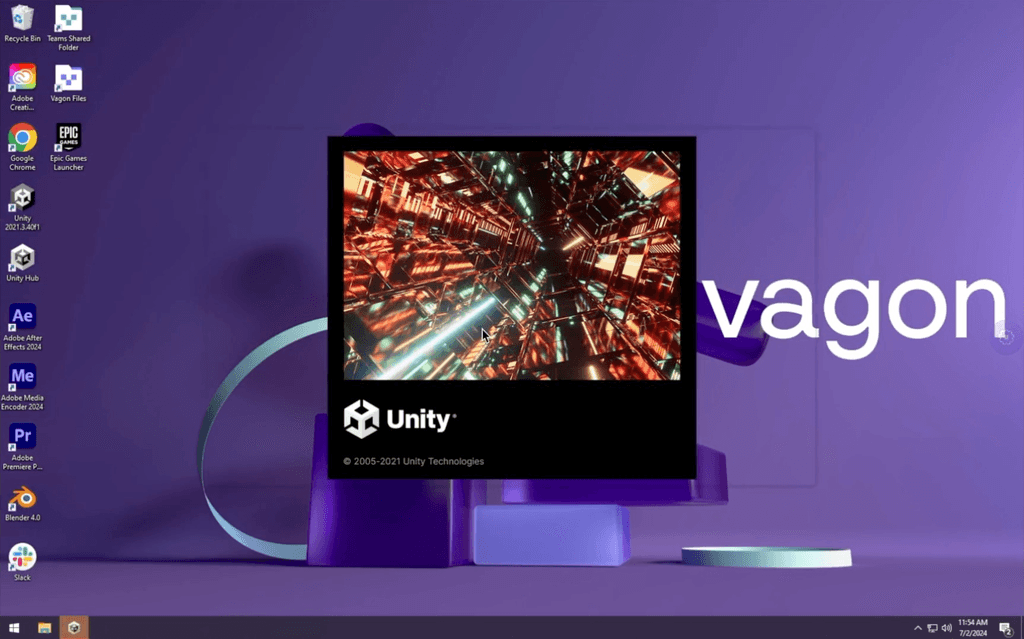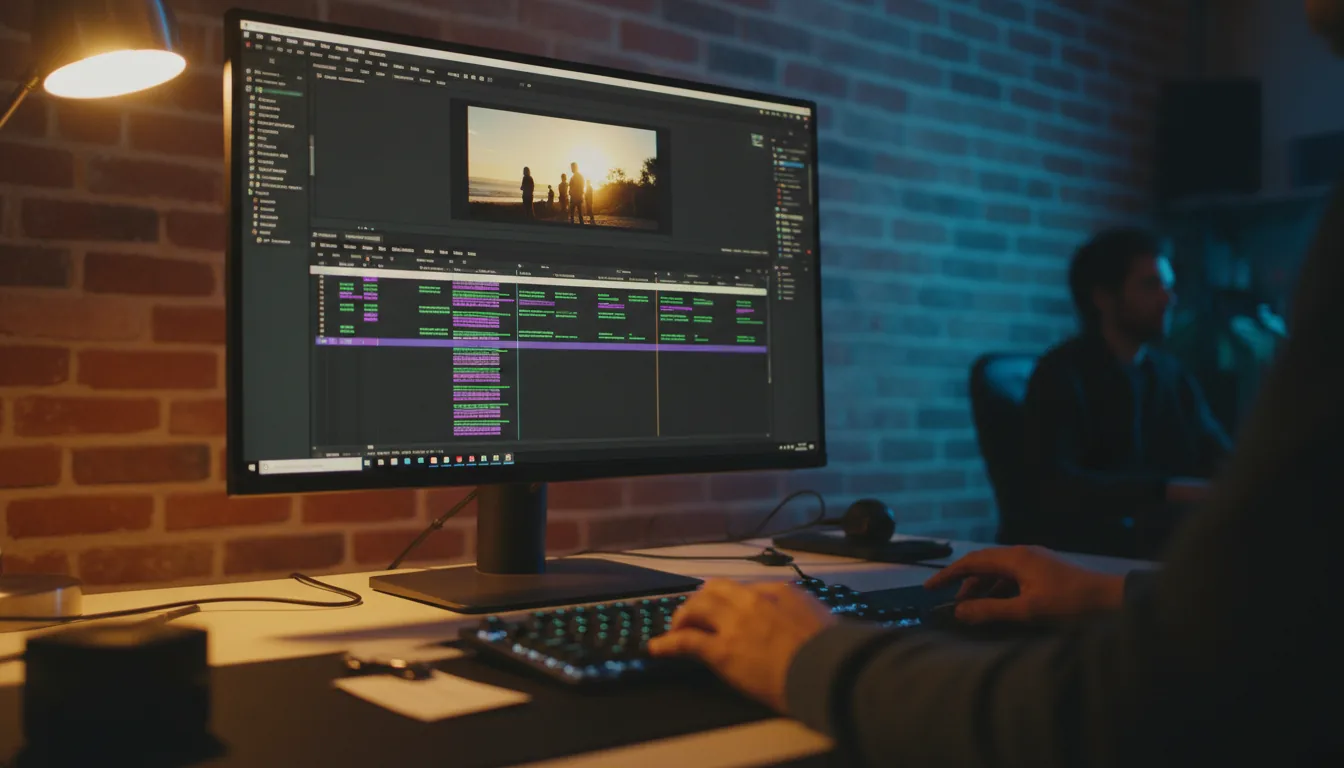HOW TO USE GPU
Redshift Renderer for Cinema 4D
Redshift is a popular GPU-accelerated renderer integrated with Cinema 4D, designed to offer fast, high-quality rendering for complex 3D scenes. By enabling OptiX (NVIDIA’s real-time ray tracing engine) in Redshift’s experimental build, users can significantly reduce render times and improve workflow efficiency.
How to Enable OptiX (RT/AI) in Redshift for Cinema 4D
Launch Cinema 4D
Open the application from the default location:C:\Program Files\Maxon Cinema 4D R##\Cinema 4D.exeActivate Redshift Renderer
Go to Render Settings and select Redshift from the Render Using dropdown.

In the Redshift UI, navigate to the System tab.

Enable OptiX RT
Scroll down to find Experimental Features.

Check the box next to Enable OptiX RT to activate NVIDIA’s OptiX real-time AI-accelerated ray tracing for faster rendering.
Top Tips to Speed Up Redshift Rendering in Cinema 4D
Use NVIDIA Studio Drivers
Installing NVIDIA Studio Drivers ensures maximum stability and performance for creative applications like Cinema 4D. Studio drivers are optimized for 3D rendering, offering enhanced compatibility and better resource management compared to gaming drivers.Adjust Sampling and Ray Depth
Lower the Ray Depth for reflections and refractions when working with transparent or reflective materials. Reducing these values can cut down on unnecessary calculations without a significant quality loss, especially in scenes where accuracy in reflections is less critical.Optimize Textures
Redshift’s default texture filtering uses Anisotropic for primary rays and Bilinear for secondary rays. If your scene has textures that don’t require high fidelity, reduce the filtering quality or lower the texture resolution to save GPU memory and speed up rendering.Leverage Hybrid Caching
If working with large scenes, utilize Redshift’s out-of-core rendering to store textures and geometry outside the GPU memory, freeing up space for faster processing.
Redshift Renderer for Cinema 4D System Requirements
Operating Systems:
Windows:
64-bit Windows 10 or Windows 11.
macOS:
macOS 13.6 (Ventura) or later.
Linux:
64-bit distribution with glibc 2.28 or later.
Hardware Requirements:
Processor:
64-bit CPU with AVX2 support.
RAM:
Minimum: 16 GB.
Recommended: 32 GB or more.
Graphics Card:
Windows/Linux:
NVIDIA GPU with CUDA compute capability 5.0 or higher and 8 GB VRAM.
AMD RDNA 2 or later with 8 GB VRAM or more.
macOS:
Apple M1 series with 16 GB unified memory or more.
AMD "Navi" or "Vega" GPU with 8 GB VRAM or more.
Additional Notes:
RedshiftRT requires an NVIDIA GPU with RTX capability on Windows 10 & 11.
For optimal performance, multiple GPUs with higher VRAM are recommended.
Ensure that your GPU drivers are up to date to maintain compatibility and performance.
Meeting these specifications will help you get the most out of Redshift with Cinema 4D, ensuring efficient workflows and high-quality outputs. Keep in mind that more complex projects, especially those involving high-resolution textures or intricate scenes, will benefit from higher-end hardware configurations.
Best GPUs for Redshift in Cinema 4D

NVIDIA RTX 4090
The RTX 4090 offers unparalleled performance for real-time ray tracing and large-scale renders, making it ideal for high-end productions with complex scenes and demanding VFX work.NVIDIA RTX 3080 Ti
A powerful choice for professional use, the RTX 3080 Ti provides a balance of price and performance with excellent CUDA core and VRAM capabilities for fast Redshift rendering.NVIDIA RTX 3060 Ti
For freelancers or smaller studios, the RTX 3060 Ti delivers solid performance at a more affordable price, capable of handling most 3D rendering tasks in Redshift with ease.
By enabling OptiX RT and following these performance tips, you can dramatically improve rendering speeds in Cinema 4D using Redshift, optimizing your workflow for both real-time previews and final renders.
Enjoy Faster Renderings and Workflow with Vagon
When the goal is to cut down rendering times and speeding up your workflow, every second saved is a victory. But what if you could do more than just save a few seconds?
With Vagon’s cloud PCs powered by 48 cores, 4 x 24GB RTX-enabled NVIDIA GPUs and 192GB of RAM, work on your projects faster than ever. It’s easy to use, right in your browser. You can transfer your workspace and files in just a few clicks and try it yourself!





